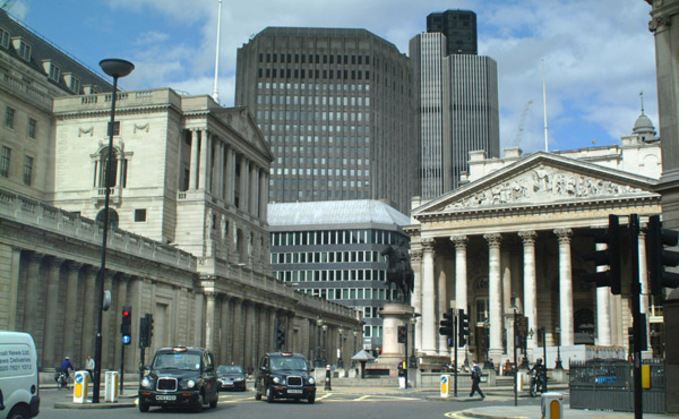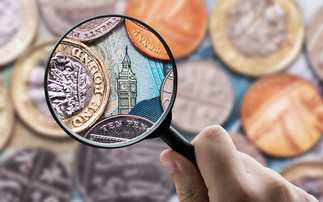
The Bank of England has made its largest rate hike since 1989, hiking interest rates by 0.75%.
The rise brings interest rates to 3%, the highest figure since the global financial crisis in 2008.
The central bank's Monetary Policy Committee (MPC) voted seven to two to hike rates, with one member voting to hike rates by 0.5% and one voting to hike rates by just 0.25%.
The report from the MPC warned of a "very challenging outlook" for the UK economy, adding that it currently forecasts a prolonged recession.
Inflation rates are now expected to peak at about 11% this quarter, which is slightly lower than what had been projected by the bank in August, which it attributed to the energy price guarantee.
Consumer Prices Index inflation is then expected to fall to 10% early next year, before dropping sharply to below 2% by two years' time, as had been previously forecast.
The MPC concluded that if the economy evolves in line with today's projections, further hikes "may be required for a sustainable return of inflation to target, albeit to a peak lower than priced into financial markets".
However, it noted that due to considerable uncertainties, there is a possibility of more persistent inflation, in which case it will "respond forcefully".
The report also noted that since the last rates decision, "there have been significant developments in fiscal policy", though it said that its new forecast had not priced in any decisions that would be made in the upcoming Autumn Budget.
It stated that there had been "large moves in UK asset prices" since the last report in August, stating while this was partially due to global developments, "UK-specific factors have played a very significant role during this period".
The move matches the hikes by the Federal Reserve yesterday and European Central Bank last week.








